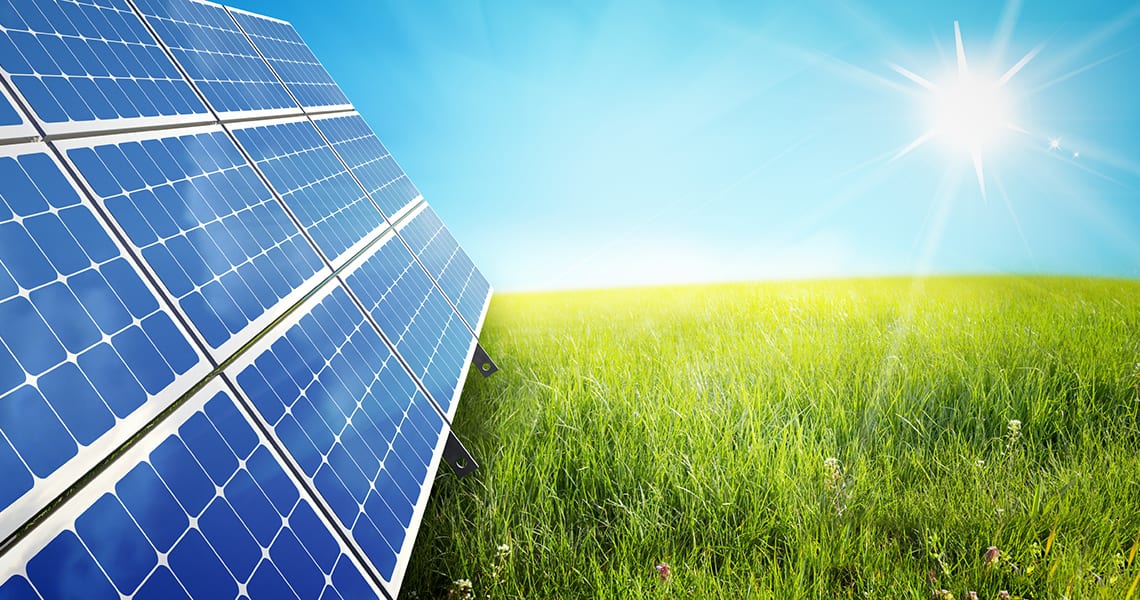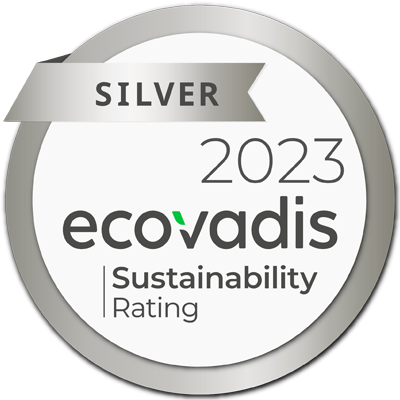 Tratos cavi Spa has gained product certification for its TRATOS DEDALUS FG21M21 SOLAR CABLE for photovoltaic applications. IMQ, whom conducted the certification, are Italy’s most prestigious certification body and a European leader in conformity assessments and laboratory testing.
Tratos cavi Spa has gained product certification for its TRATOS DEDALUS FG21M21 SOLAR CABLE for photovoltaic applications. IMQ, whom conducted the certification, are Italy’s most prestigious certification body and a European leader in conformity assessments and laboratory testing.
TRATOS DEDALUS FG21M21 SOLAR CABLE certification has guaranteed all tests on the product necessary to verify its conformity to legal, safety and reliability requirements. The cable is certified to CEI 20-91:2010, meeting the essential requirements of L.V.D. 2006/95/EC. This standard signifies extensive independent testing to assess conformity and that production methods are continually subject to surveillance.
The production of solar cable is environmentally fundamental to TRATOS and with this latest certification we believe the company is well set to meet the ever increasing demand for renewable energy infrastructure. Solar is the fastest growing energy source in the world, and for good reason. It offers a limitless supply of clean, safe, renewable energy for heat and power and is more affordable, more efficient, and more reliable than ever.
TRATOS DEDALUS FG21M21 solar cable is suitable for the interconnection of the various elements of photovoltaic systems – for fixed installations outside and inside, within unprotected pipes, or in similar closed systems. The cable is ozone-resistant according to EN50396, UV-resistant according to HD605/A1, and is tested for durability according to EN 60216. The cable is tested to last 25 years.
The advantages of Solar and other renewable power sources are clear: greater independence from imported fossil fuels, a cleaner environment, diversity of power sources, and relief from the volatility of energy prices. All over the world, solar energy systems have reduced the need to build more carbon-spewing fossil-fueled power plants. They are critical weapons in the battle against global warming and as the cost of solar technologies has come down, solar is moving into the mainstream and growing worldwide at 40-50% annually.
Solar (photovoltaic) energy allows electricity to be produced in the place where it is consumed, a practice known as distributed generation. Sunlight hours often coincide with peak power demand, so solar panels produce electricity when it is most needed.
Standards:
BT 2006/95/CE, IMQ CPT065 ed 2, CEI 20-35, 20-37P2, EN 60332-1-2, EN 50267-1-2, EN 50267-2-2-EN 60216
Conductor: Class 5 flexible plain copper to CEI 20-29
Insulation: Rubber Type HEPR G21
Sheath: LSZH (Low Smoke Zero Halogen) rubber Type M21
Sheath Colour: Black, Red, Blue
Voltage Rating:
AC: 600/1.000V
DC: 900/1.500V
Temperature Rating: -40°C to +90°C
Minimum Bending Radius:
Close to terminal: 2 x overall diameter
Fixed: 3 x overall diameter










